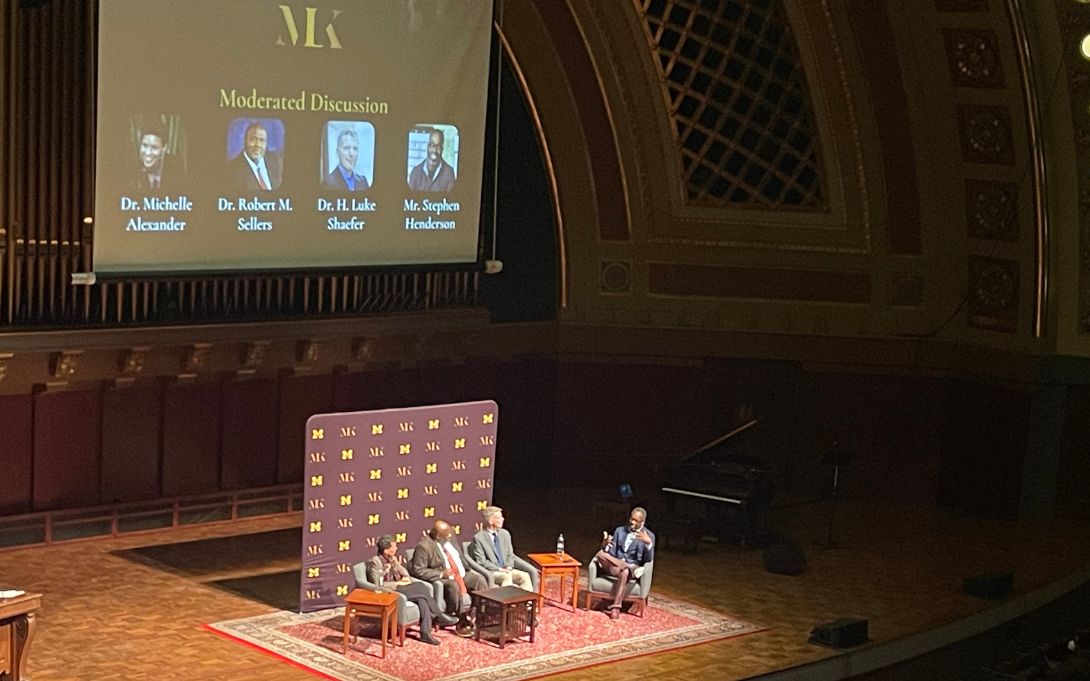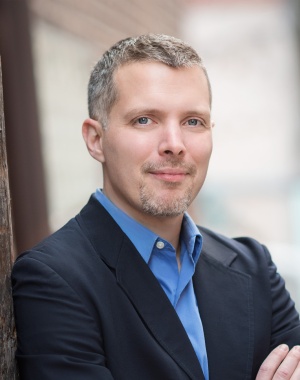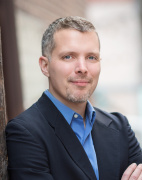
On Monday, January 15th, hundreds of community members, students, and U-M affiliates filled Hill Auditorium to attend the 38th annual memorial keynote lecture in tribute to Rev. Dr. Martin Luther King Jr.
The MLK Symposium, founded in 1987 as a result of student organizing efforts, continues to be one of the nation’s largest celebrations of the late Dr. King’s life and legacy. The 2024 symposium theme, “Transforming the Jangling Discords of our Nation into a Beautiful Symphony,” is a quote derived from the Reverend King’s I Have a Dream speech.
Keynote speaker Michelle Alexander, legal scholar, columnist at The New York Times, and author of the acclaimed bestseller The New Jim Crow: Mass Incarceration in the Age of Colorblindness, acknowledged the collective anxiety being experienced nationally and globally, and urged attendees to find parallels in King’s work and the world we face today. “People are not disposable,” Alexander said. “Dr. King set an example and we must rise to the challenges of our time. Whether it relates to Gaza or issues of reproductive rights, or crime and violence and mass incarceration…whatever it is, speak your deepest truth and act with courage.”
Following Alexander’s keynote, she joined Luke Shaefer, Ford School Hermann and Amalie Kohn professor of Social Justice and Social Policy and director of Poverty Solutions, and Robert Sellers, Charles D. Moody Collegiate Professor of Psychology and Education, for a discussion moderated by Stephen Henderson, host of Detroit Today and Pulitzer Prize-winning journalist.
Sellers shared his reflections on the current state of Diversity, Equity, and Inclusion (DEI) at the university level and the ‘heightened assault” on DEI initiatives.
“The fact of the matter is that this is hard stuff,” Sellers said. “It always was going to be and always will be. But if you want an institution that cares about diversity, equity, and inclusion, and this goes back to Dr. King, you’re going to have to stand up for it and you’re going to have to be active. Because you’re going to get what you’re willing to accept.”
Building upon the themes addressed in Alexander’s keynote speech, Shaefer discussed his work with Poverty Solutions, highlighting the interconnectedness of poverty and systemic racism.
"I believe Dr. King really linked these [social inequities] together," Shaefer said. "My team at Poverty Solutions tries to understand policies that affect families living in poverty, ones that may not be immediately considered or are often overlooked.” Shaefer cited auto insurance and disaster relief as two such examples.
When Henderson asked the panelists what young people can be doing to ‘push back and preserve the things that matter’ in 2024, Alexander responded with a call to action.
“I urge young people today to come alive this year and to figure out how their special interests, talents, and passions can be used in service of justice with others, and to do it with courage. 2024 might just change everything, but the way that things change is ultimately up to us.

